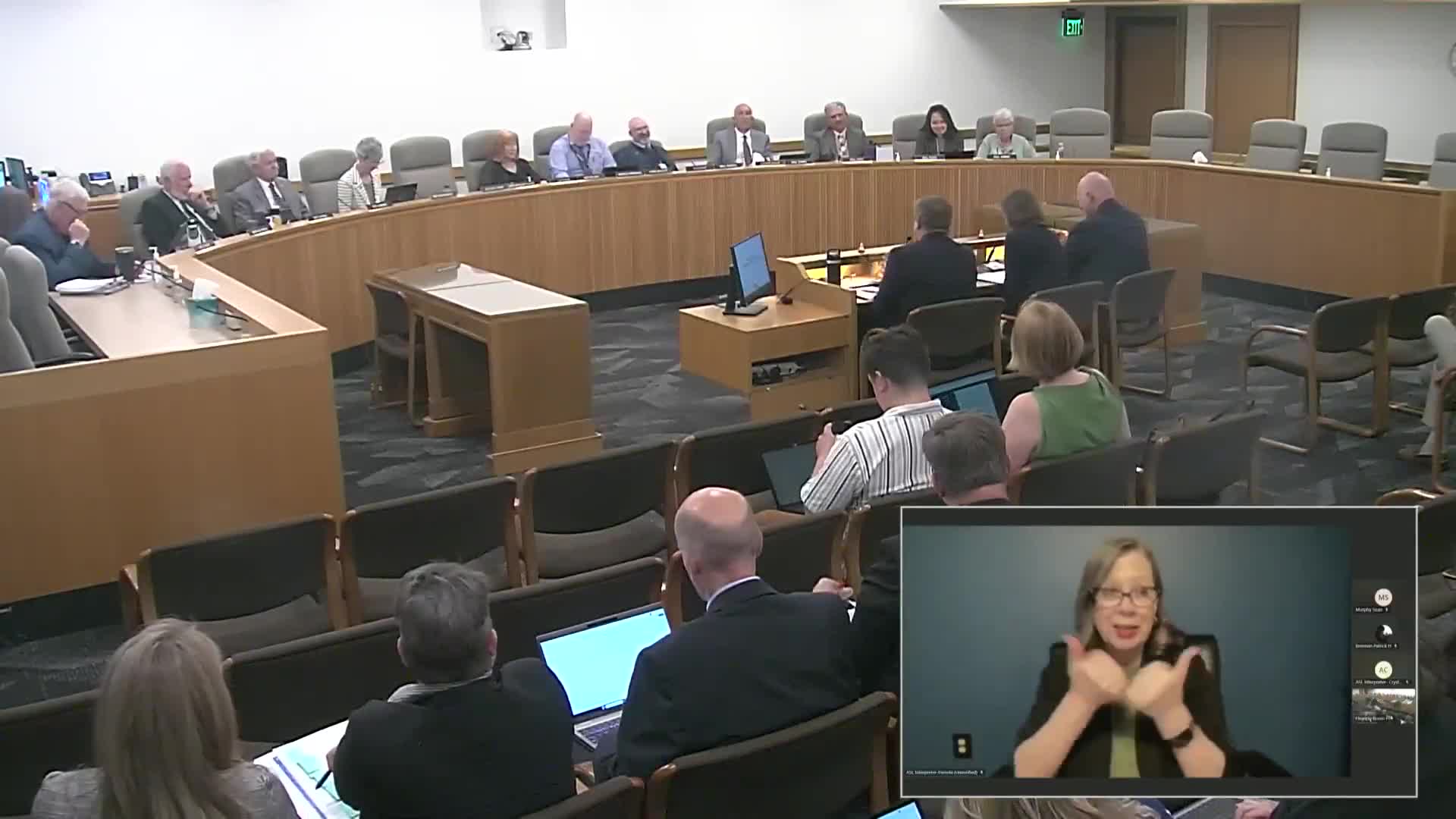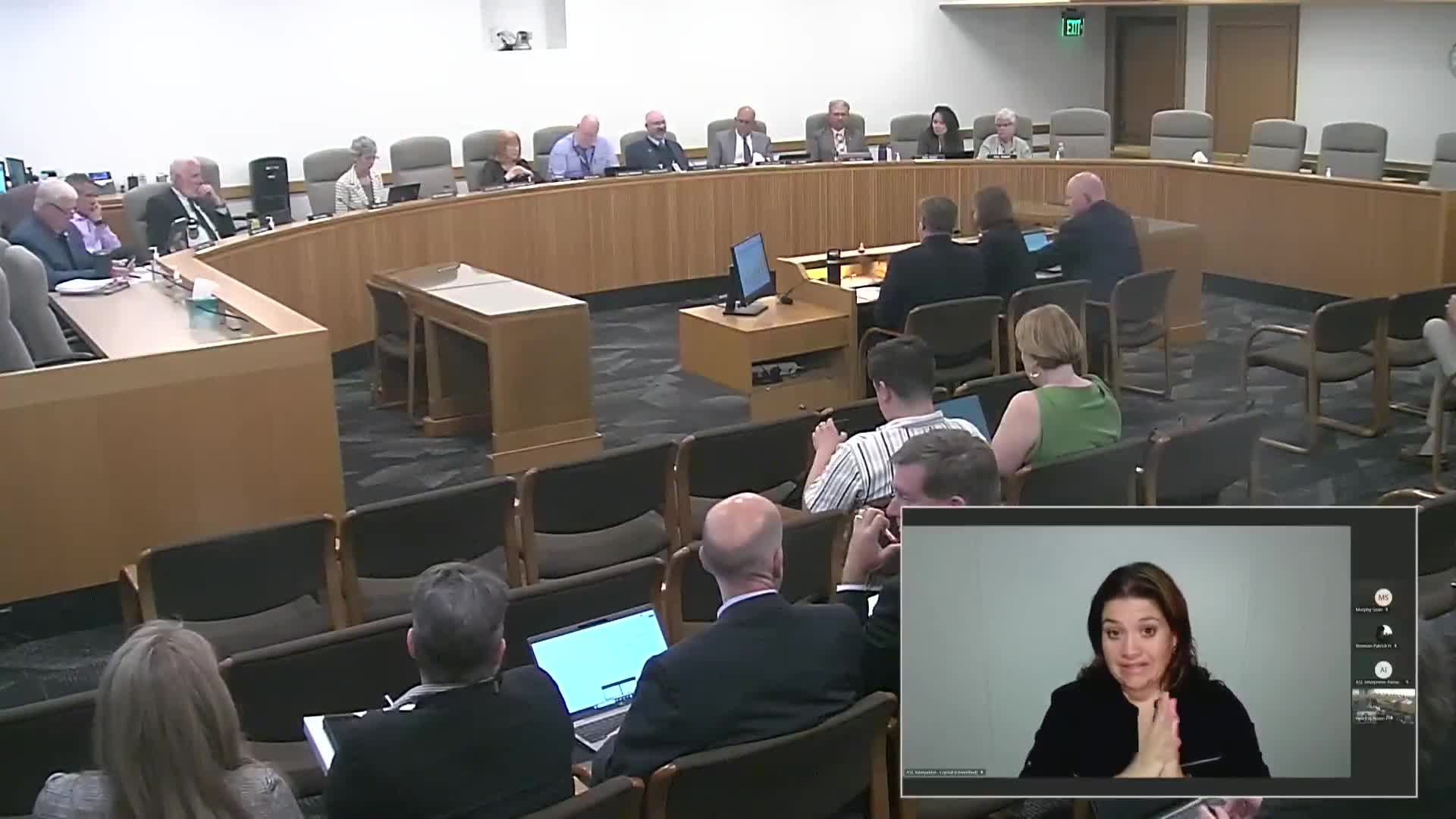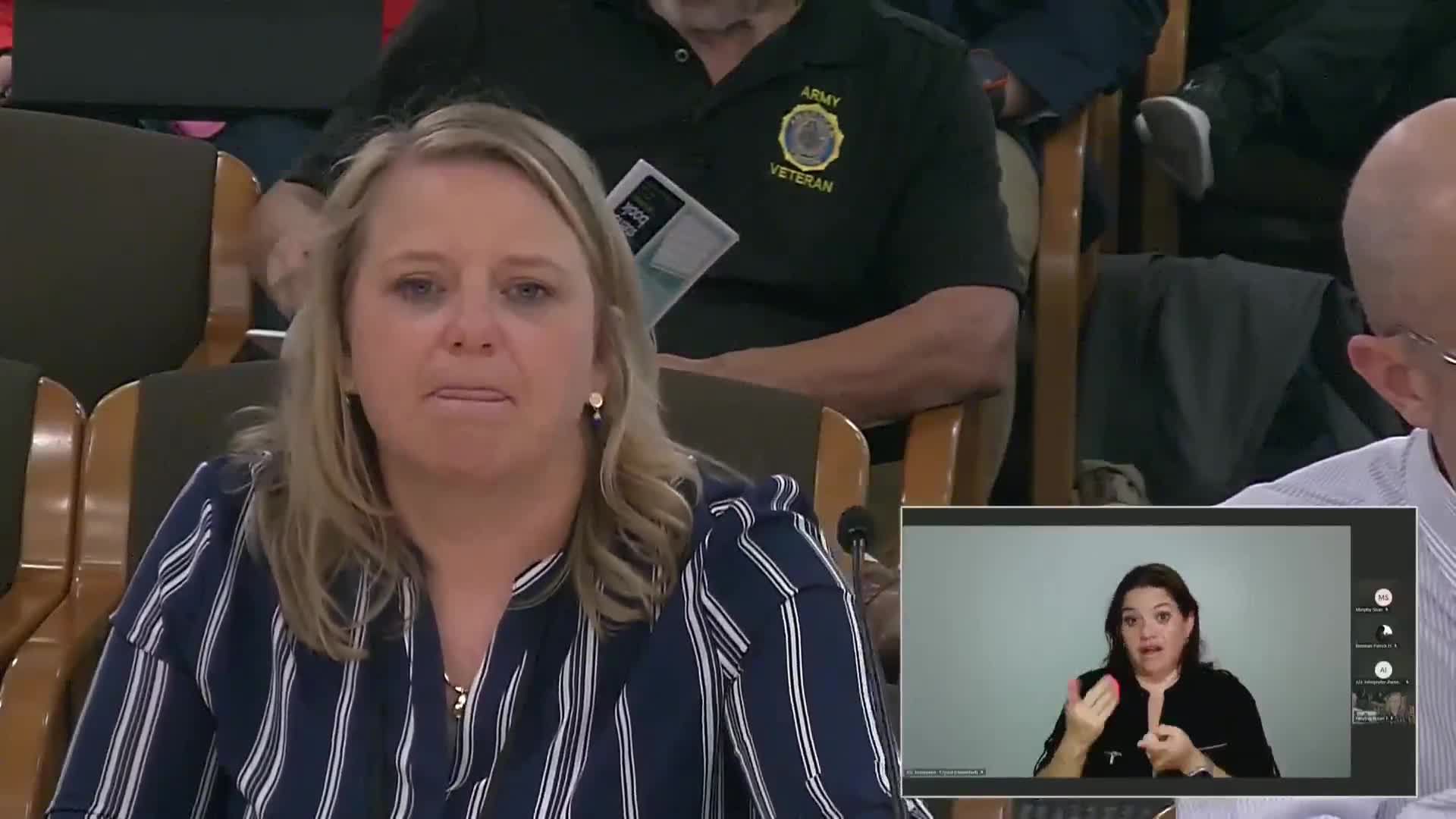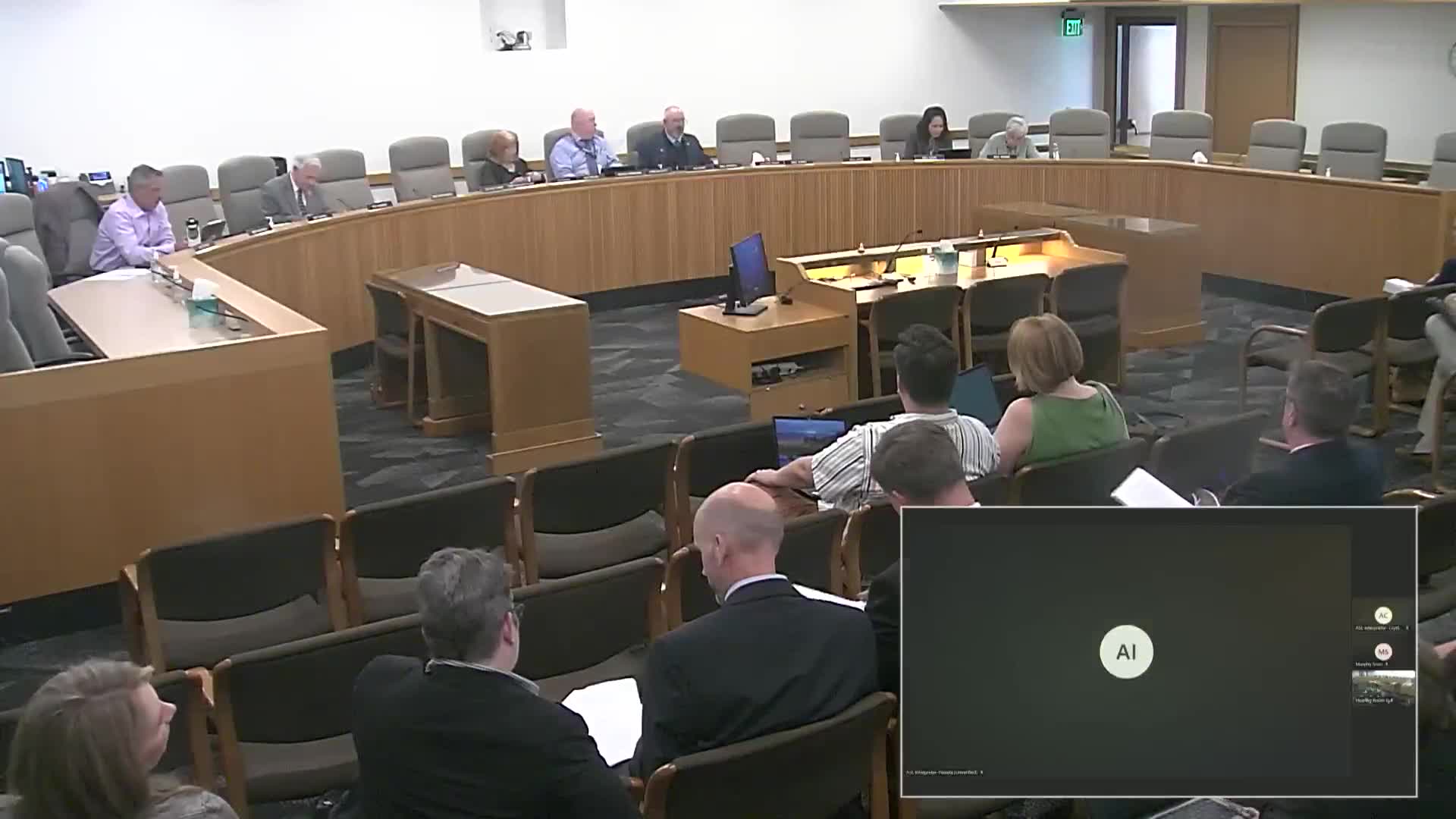Article not found
This article is no longer available. But don't worry—we've gathered other articles that discuss the same topic.

ODOT director tells committee agency will expand accountability and that funding would accelerate bridge and pavement work over future biennia

Counties and cities tell committee new revenue would plug maintenance gaps, replace bridges and fund safety projects

Committee questions RUC rollout: GPS tracking, flat‑fee alternative and administration cap

